The illicit tobacco trade is not a small-time, back-alley nuisance anymore. It is killing local shops, hollowing out high streets, making neighbourhoods feel unsafe and fuelling a criminal underworld that connects to organised networks involved in human trafficking, and illegal immigration.
All this, while hampering the business of traditional legitimate convenience stores that have been running for generations. The damage isn’t just in lost sales, for such rogue traders are dragging down whole communities, fuelling crime and normalising illegal products in full public view.
The data alone should make policymakers lose sleep.
Operation CeCe, a joint initiative between National Trading Standards and HM Revenue & Customs, has removed more than 19 million illicit cigarettes and 5,103 kg of tobacco worth £11.7 million from the market in 2023-24.
Since CeCe started three years ago, 46 million illicit cigarettes and 12,600 kg of hand-rolling tobacco have been seized, disrupting the illegal trade which undermines efforts to drive down smoking rates, including taxation policies.
However, the black market continues to thrive and bloom with no apparent shortage of supplies.
For some, the traders involved in illegal tobacco are the “golden thread” for understanding serious organised crime. Some illegal cigarettes are made here in Britain; others are churned out cheaply in Poland or Belgium. Many are disguised as legitimate brands, sold without tax or duty, and riddled with contaminants to the extent of “human excrement, dead flies and asbestos.”
The overall size of the illicit market is estimated to be 13.8 per cent of tobacco smoked and leads to a loss in taxes of £1.4 billion annually in excise tax plus an additional £400m in VAT, as published by HMRC in June this year.
While HMRC claims that the illegal tobacco market has remained stable between 2022-23 and 2023-24, retailers on the ground beg to differ.
‘All they want is quick money’
It is a problem hiding in plain sight, but for many retailers, such as Croydon-based Benedict Selvaratnam, it is playing out right across the street.
“We are seeing these pop-up shops that emerge almost overnight. They keep very basic stuff like some sweets, confectionery and soft drinks.
“They are making money from selling either illegal vapes or cheap cigarettes,” Selvaratnam told Asian Trader.
These shops, he added, are set up with an exit plan.
“From the look and feel of these stores, it is evident that they are not going to hang around for long. It appears such traders take up empty units on short lease, maybe monthly or maybe even on some informal kind of agreement with the owners,” he explained.
Even when the law catches up, it’s temporary.
“There is one shop right across the street opposite to us that was ordered to shut down for three months due to illegal stuff. The store has reopened and is back to the same illegal trading, without a fear in the world,” he pointed out.
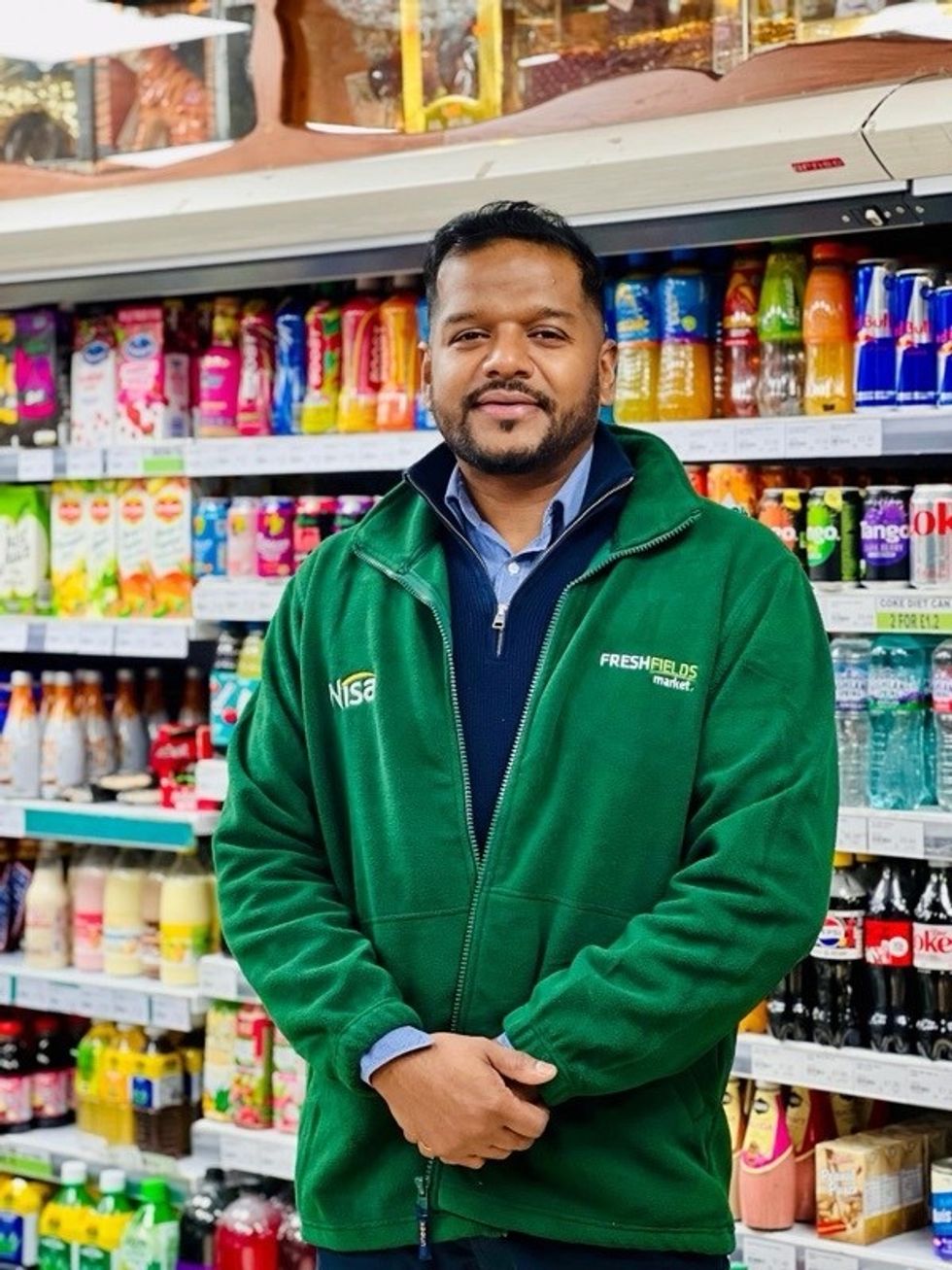
The presence of these shops changes the whole atmosphere and is having a detrimental impact on legitimate businesses.
“People come and ask for cheaper cigarettes quite often. They tell us that guys around the corner are selling them for half the rate so why not us!
“Crime and criminal activity increase around such shops – not the best crowd that hangs around.
“Traders like these don’t care about the community, they don’t care about age rules or about not selling cigarettes and vapes to teens. All they want to do is make quick money.
“They don't invest in the area, community and even in their own stores as they know they will be gone soon,” Selvaratnam explained to Asian Trader.
The trend is being mirrored in illegal vapes as well.
Figures from NTS and the Department of Health and Social Care (DHSC) reveal that in 2023–24, Trading Standards seized 1.19 million illegal vapes, a staggering 59 per cent increase on the previous year.
And now with the disposable vape ban in effect, the underground market has a new exclusive range to sell.
Selvaratnam agreed, saying “People who are used to disposable vapes in my area are now visiting such stores to get their supplies. They are still looking for cheaper disposable ones and are visiting these unregulated sellers. The ban has created this whole underground market.”
Selvaratnam runs Freshfields Market, a well-recognised Nisa store in the area, known for keeping fresh, high-quality food and drink. Recently in May, a bleed control kit has been installed his store for the community.
However, having a business nearby that is selling illegal cigarettes unchecked is chipping away on his sales.
“Ever since this store opened right opposite to us, I can see a big sudden drop in cigarette sales to the range of 30 to 40 per cent. Consumers do not think much of it. They see it as a victimless crime.”
‘No fear of law’
What Selvaratnam sees in Croydon, leading independent convenience retailer Bobby Singh is battling in West Yorkshire. The pattern is also identical. Pop-up shops, three-month closures, and a brazen return to business as usual.
“From where I am standing, I can say that illicit tobacco trade has got completely out of hand.
“Such businesses are everywhere around here and in many forms including coffee shops and barbers. These rogue traders are basically operating with no fear whatsoever.
“It's incredibly frustrating for responsible retailers like me. We work hard, follow every regulation, invest back in the community and care deeply about public health,” he told Asian Trader.
The authorities, local councils and Trading Standards are doing what is within their remit and abilities but the impact is minimal. For Singh, the cycle of raids, stock seizure and reopenings is maddening.
“Trading Standards is somewhere failing badly. They do raid, seize the stock and shut down such businesses but the stores are back open after three months.
“The same people are back in business almost as if nothing had happened, as if they were on vacation.
“It’s so unfair! Shops like mine have to compete against prices that to be honest, no legitimate business can really match,” Singh said.
“We hardly get customers who ask us for cheaper cigarettes. We are vigilant on compliances and regulations, which I suppose is a major part of the being a responsible retailer. Word spreads across the community and in town that this store is compliant and they won’t have cheaper foreign cigarettes.
“The vice versa affect is happening with rogue retailers. Word get around quickly that a new shop has come up and they are selling cigarettes at half the price and the disposable vapes as well which are not available in mainstream stores and supermarkets.”
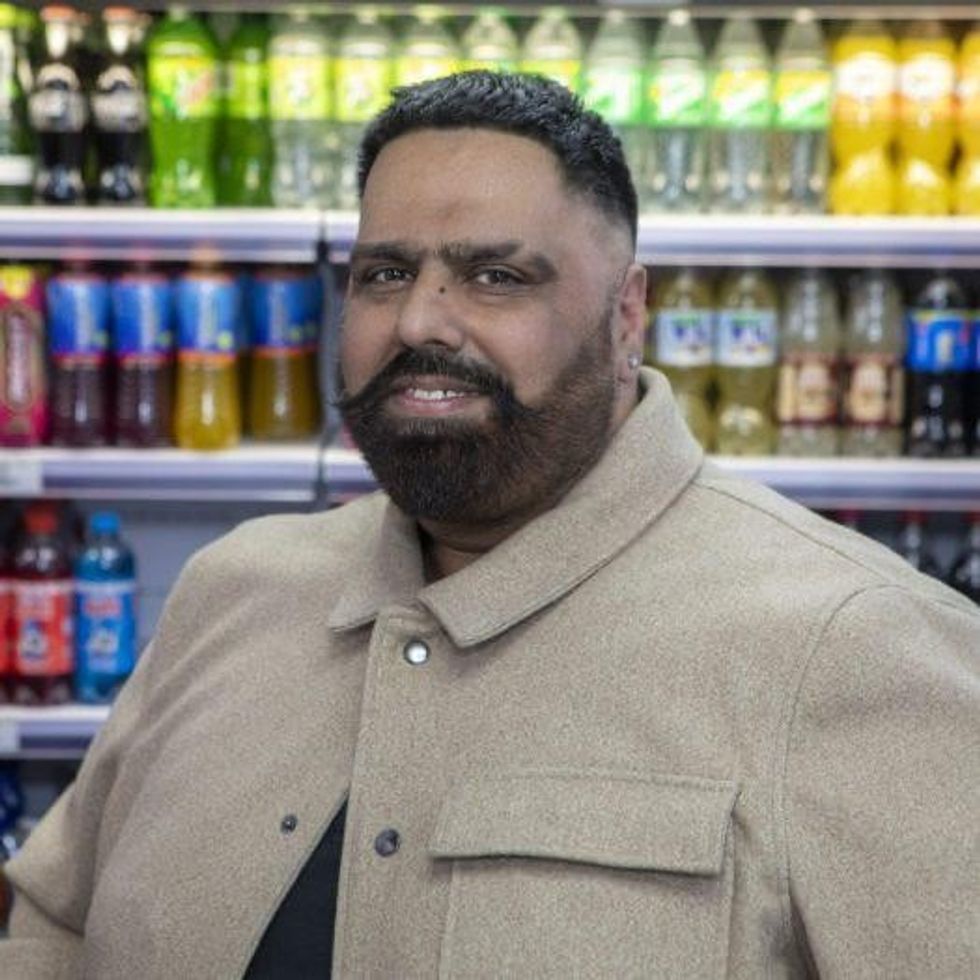
The solution, in his view, is simple.
“It’s high time that a lot more tough punishment should be introduced to these traders. They need to be cracked down on completely.
“They really need to fear the law and until that fear is not there, they won’t back down.
“There is only one solution to this problem, in my opinion, and that is bringing a sense of fear and a sense of accountability.
“There should be some kind of proper concrete waterproof system that can filter out such rogue elements and make sure that they cannot trade again.”
Like Selvaratnam in Croydon, Singh can also sense a spike in illegal trade after disposable vape ban.
He said, “The illegal business, especially after the disposable vape ban, is thriving and feeding money back into the supply chain and infrastructure.”
“I can foresee that if this talked-about generational smoking ban comes into effect, it will further boost the illegal trade.
“If fully-grown adults come to our store only to be asked for proof of their age, they will at one point choose to go to a pop-up shop to buy cigarettes where they will get them without any questions and that too, at half the rates.
“Because this is exactly what is happening now with disposable vapes. All these shady businesses are selling one-time disposable vapes which are not allowed to be sold otherwise.
“We are playing the role of guardians of our communities; we are constantly educating them about why the disposable vapes are now banned and what else they can switch to.
“But if someone down the road can sell them cheaper versions of what they are used to and without any questions, our whole exercise becomes a bit of a waste.
"I strongly believe the government should really work with retailers, with the responsible ones out there, to get a clearer picture and come up with ideas and legislation which is going to be effective rather than something that will make the illegal trade even bigger,” Singh said.
‘No actions, no support’
In Glasgow, leading retailer Natalie Lightfoot’s frustration mirrors that of Singh and Selvaratnam.
“There's a store in my area that is selling illegal tobacco and they've been raided three times, but they're still trading.
“It's just exhausting, to be honest. Don't get how they can keep going on if they have been raided multiple times.
“No closure orders have been issued to the store; only the stocks were seized.
“It is clear and evident that the store owners is not deterred by these raids and seizures. He is going about his business unperturbed and carry on trading,” Lightfoot told Asian Trader.
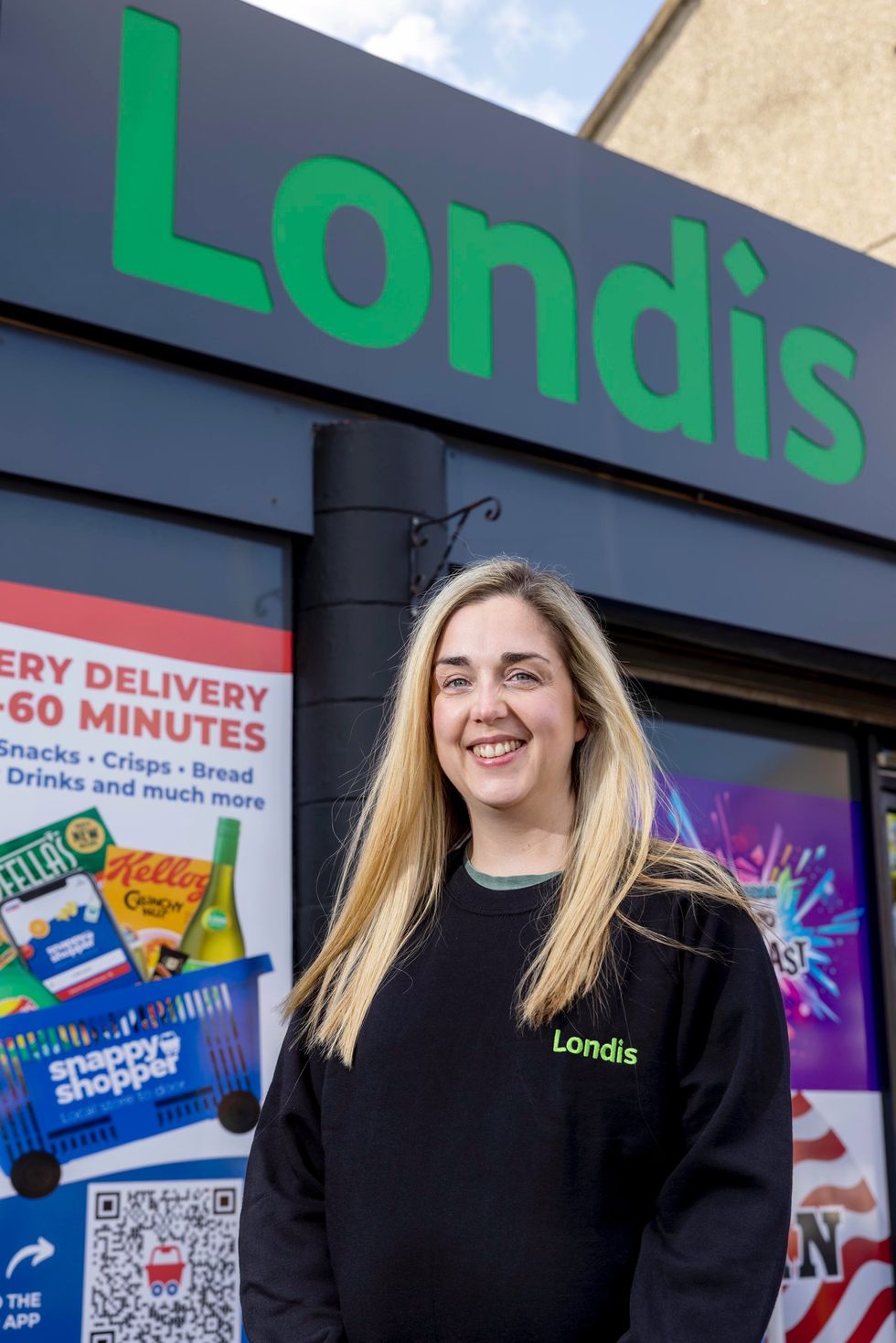
Meanwhile, customers are happy to buy cheaper stuff.
“These places sell a packet of cigarettes for £6 or even £5. People, even if they know this is illegal, are okay buying them.”
Lightfoot feels that such criminal activities are on the rise, especially in last one year.
“I feel there's a major lack of support to us. Be it shoplifting, be it reporting businesses doing illegal activities or selling restricted products to underage, there is major inaction from the authorities.
“I personally have been reporting such incidents but don’t see any concrete action leading to any changes. Everything is still the same; in fact, the illegal trade seems to be thriving.
“Neither I am getting any support, nor my customers,” she concluded.
‘Weak enforcement’
In Greater Manchester, retailer Priyesh Vekaria is also watching the illegal trade boom around him, unafraid of repercussions.
“Without a doubt illicit tobacco trade has picked up lately. The illicit tobacco trade is already a monster of a problem and it is growing. It is an organised criminal network that is taking root in our communities.
“If decisive action is not taken now, it will continue to grow and suffocate the legitimate trade that follows the rules and serves customers with integrity,” Vekaria told Asian Trader.
Just like Selvaratnam in Croydon, Singh in West Yorkshire, and Lightfoot in Glasgow, Vekaria’s neighbourhood also has “some businesses that are indulging in trade of illegal products”.
“Some of these operations hide in plain sight. They look like convenience stores, mini-marts or even barbers, but in reality they are distribution points for illegal tobacco, vapes and other contraband.
"These businesses are not just selling illicit products. They are part of criminal ecosystems that bring more crime, more anti-social behaviour and more risk to ordinary people.
“They undermine public trust in local retailers and drive away genuine customers. A high street that tolerates this is a high street that becomes unsafe, unattractive and economically weaker for everyone,” he said, explaining the situation from the ground.
Enforcement, in his view, has been “inconsistent at best”.
"We have seen cases where shops caught selling illegal products were shut down and reopened within days.
“I have also seen the other side of the coin. My own store, fully compliant and transparent, was raided in what I can only describe as a heavy handed and ill informed operation.
“This is the result of poor intelligence and a lack of resources to distinguish between those breaking the law and those upholding it.
“When compliant retailers are treated like criminals, it sends the wrong message and emboldens the real offenders,” he said.
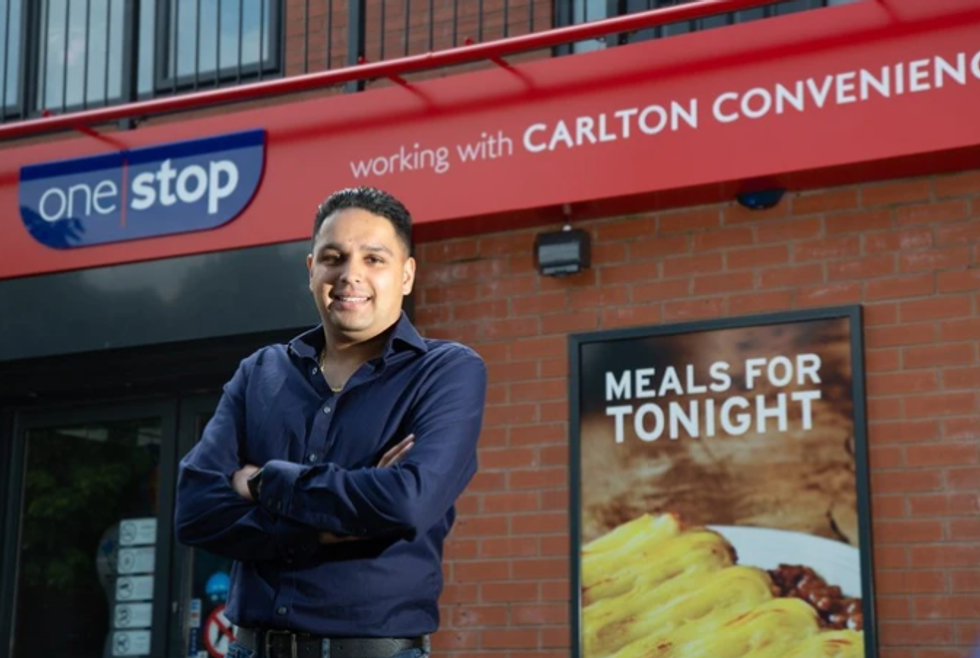
For repeat offenders, a three-month closure is “a minor inconvenience as rogue traders treat fines and short closures as the cost of doing business”.
Vekaria has been calling for penalties that bite: longer closures, loss of licence, confiscation of stock and assets, and criminal prosecutions with real sentences or even permanent restrictions to trade in the UK.
“Anything less is an open invitation for them to continue undermining our sector,” he said.
‘Have teeth, could do with more mouths’
Clearly, it is a nationwide problem with similar modus operandi. Trading Standards acknowledge the repeat offenders but insist they have the tools to act.
Kate Pike, CTSI Lead Officer for Tobacco and Vaping, sheds light on the matter from the side of the law.
“We do find repeat offending at both premise and person level although sometimes the official person in charge appears to be replaced.
“The Track and Trace sanction regime allows for increase in penalties for repeat offending which is good and of course, a pattern of repeat offending does help to make the case for applications for closure orders for example,” Pike told Asian Trader.
On the claims that three month closure orders and court fines not having the intended impact, Pike said, “closure orders and prosecutions are some of the things we can use to disrupt supply of illegal tobacco.
“A three month closure order can be extended to six months by the courts if appropriate.
“We can also refer to HMRC for issuing of a penalty of up to £10000 for each offence. We also have examples of landlords being investigated for money laundering offences for allowing the use of their properties in criminal activity as you can imagine, this would be quite a deterrent to encourage people not to allow criminals to rent their premises.
“So there are lots of things we can and do consider for disrupting supply of illegal tobacco.”
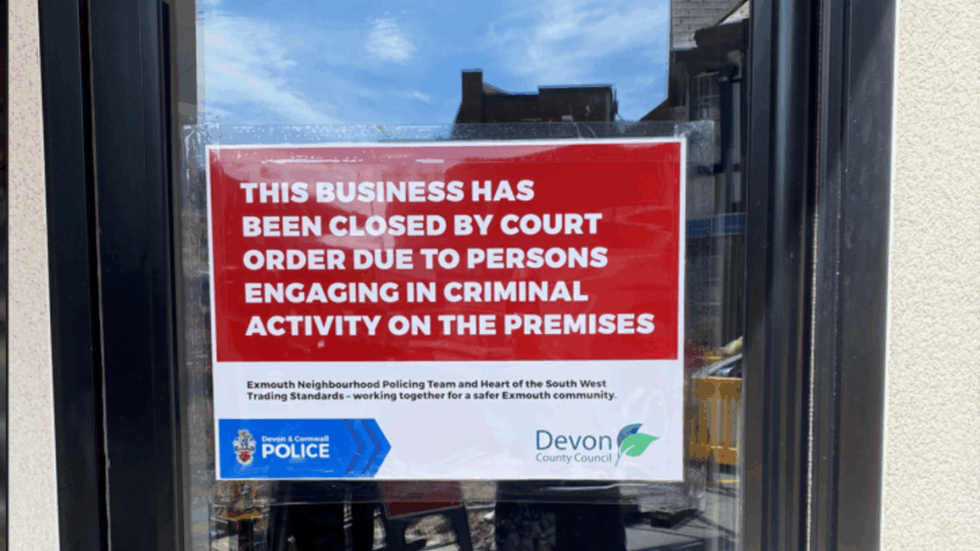
On being told that most retailers Asian Trader spoke feel authorities fail to act when they report illegal tobacco activity in their area, Pike said, “I am sorry they feel that way. I can only emphasise that Trading Standards teams do act on intelligence received and the more intelligence the better, as it enables us to target enforcement appropriately.”
Pike however does agreed that Trading Standard should have more power, expertise and resources.
“We definitely have teeth but we could do with more mouths. We really welcome extra funding for more Officers but are struggling after many years of low investment in a service which enforces over 300 different pieces of legislation.
“Also remember that HMRC are tackling the issue upstream and at ports and borders – Trading Standards deal with the problem at local community level but we are not alone.
“I would advise legitimate retailers to report to Trading Standards if they are aware of illegal sales – we will engage partners and make sure things happen at the best point in the chain,” she said.
‘Stand with us, not against us’
The reality is clear and stark. The problem is growing, and it’s in clear sight. Punishments aren’t working. And while enforcement agencies chip away at the edges, rogue traders continue to gut legitimate businesses, corrode community safety, and feed profits into criminal networks.
From responsible retailers on the front line, the message to the nation is simple- they are holding the line for their communities, but without decisive, joined-up action from authorities, they can’t hold it forever.
Calling on the government to work out “clear and workable” regulations, Vekaria said, “We need political leaders to stop making empty pledges and start engaging with the realities on the ground.
“We need regulations that are clear and workable so that both retailers and enforcement agencies can do their jobs without confusion. Compliance must be rewarded, not punished.
“My message to the industry and to government is simple: the law-abiding retailers are your allies in this fight. Stand with us, not against us.”
Singh echoed Vekaria’s call for cooperation and collective effort.
“We retailers work hard and non-stop. When we see a pop-up shop chipping away your business and getting away with it, it’s demotivating and really sad. This is a deep rooted problems with entangled web of branches. Any solution won’t show overnight results.
“Working with retailers and trying to understand the ground issues and heart of the problem can show some light forward. Those in power really need to think of something and think fast,” he said.
Clearly, the fight against illicit tobacco and vapes is not just about products; it’s about the survival of honest businesses, safe communities, and above all, the rule of law.





